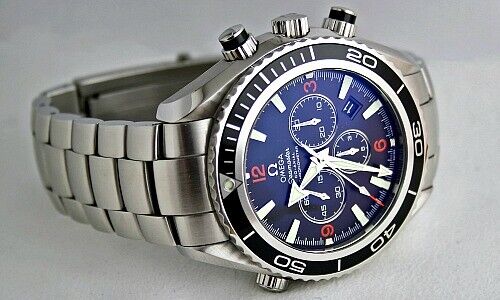Swiss Watchmakers Believe In-Store Shopping Will Prevail
Despite the pandemic, Swiss watchmakers believe in-store shopping will prevail over digital platforms.
The majority of Swiss watchmakers believe that bricks and mortar stores will remain the preferred sales channels for their products and will prevail over online in the coming years. This, despite the recent impact of the pandemic and accelerated digitalization.
In-store experiences are still viewed as an essential part of the customer journey, and companies are investing considerably in experiential brand marketing. Pessimism is rife among Swiss watch industry executives with 85 percent forecasting a grim outlook for the industry. Despite the challenging outlook, the industry is not complacent, prioritizing omnichannel strategies, delving into the pre-owned market and shifting towards more sustainable and ethical ways of production.
Production Halts in China
Hopes were high in January 2020 for a positive year for the watch industry after a challenging 2019. COVID-19 had other plans leading to one of the most disruptive periods in the history of the Swiss watch industry. Over two-thirds (67 percent) of watch industry executives surveyed in the Deloitte Swiss Watch Industry Study 2020 predict a gloomy outlook for the Swiss economy in general, with 85 percent forecasting a grim outlook for the industry specifically which shows the seriousness of the current situation and the monumental challenge for the industry.
COVID-19 has hit the industry hard and the emerging second wave is a stark reminder that the crisis is not yet over. The decline in exports has affected entry-level quartz watches even more acutely, a segment suffering since 2012. The collapse of global tourism due to travel restrictions, which is likely to continue in the coming months, a drop in domestic demands due to the lockdown and cautious spending habits are having a direct impact on the industry. Production halts in China exposed gaps in some of the producers’ supply chain and inventories, perhaps leading to a rethink of regionalizing production back to Switzerland.
Augmented Reality
Over 70 percent of Swiss watch executives believe that offline channels will continue to dominate digital ones across all price brackets. Over 60 percent of brands surveyed are prioritizing the development and strengthening of their omnichannel strategy. The in-store experience is an essential part of the customer journey, which is why executives are looking to implement experiential brand experiences, a mobile-driven workforce and mobile apps to enhance their in-store customer experience. Technologies like augmented reality or virtual reality are not prioritized at the moment.
«For an industry that largely relies on the emotional connection from seeing and handling luxury watches, the challenge moving forward will be how to combine physical and digital with so-called «phygital» experiences. This will be essential to create not only a seamless journey for customers but also increase resilience should another lockdown happen,» Karine Szegedi, Head of Fashion & Luxury at Deloitte Switzerland, said.
Most Influential
When it comes to which marketing channels influence consumers’ decisions to buy a watch, print ads are still most influential in Switzerland and Germany, while in France, China and the U.K., in-store events have the greatest impact. Social media and influencers are most effective in Hong Kong, UAE and Singapore. Radio and TV are still quite important in many countries, showing the importance of getting the marketing channel mix right.




















